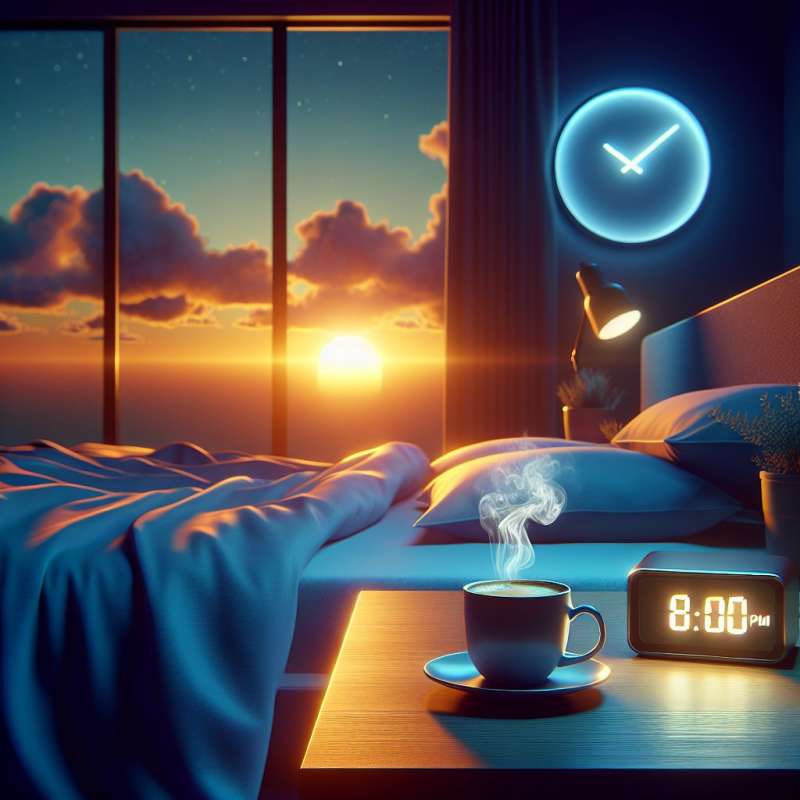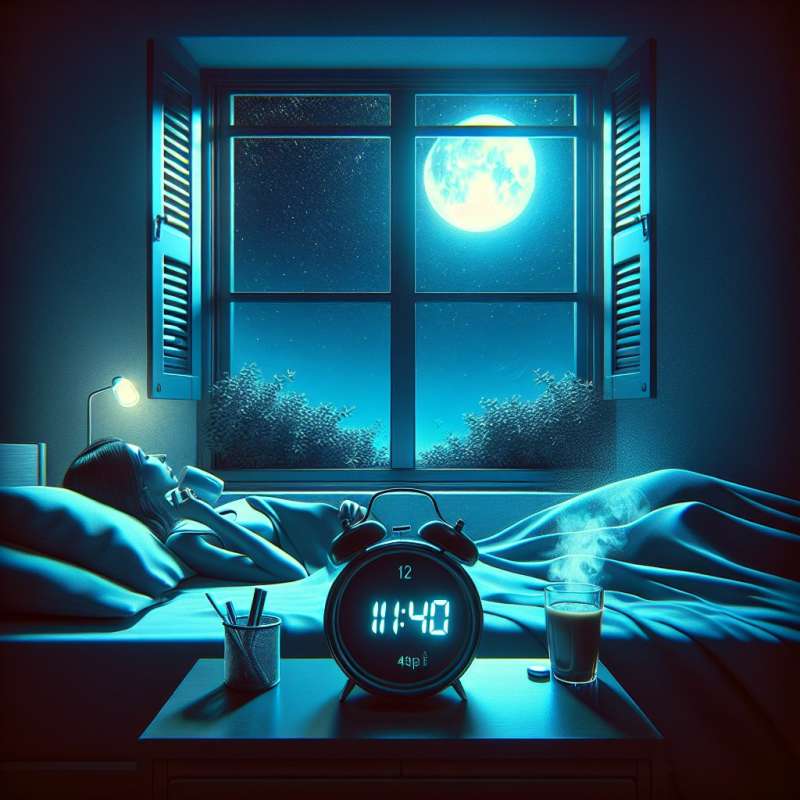
Coffee Disrupts Sleep
Caffeine in coffee stimulates the central nervous system, delaying the production of melatonin, the sleep hormone. This disruption often results in difficulty falling asleep, reducing total sleep time and quality.
Sleep Cycle Interference
Consuming coffee late in the day can interfere with the natural circadian rhythm. Caffeine can prolong the second phase of sleep, shortening the deep restorative phases, leading to a less restful night.
Adenosine Receptor Blockage
Caffeine blocks adenosine receptors. Adenosine promotes sleepiness as it accumulates throughout the day. Blocking these receptors can lead to difficulty in feeling tired at bedtime.
Increased Nighttime Alertness
Even if you manage to fall asleep after drinking coffee, caffeine can make you more prone to wakefulness throughout the night, leading to a fragmented sleep pattern.
Longer Half-Life Than Expected
Caffeine's half-life is about 5-6 hours. However, it can be longer in some individuals, meaning caffeine consumed in the evening may linger in the system until bedtime.
Anxiety and Restlessness
For sensitive individuals, evening coffee consumption can exacerbate feelings of anxiety and restlessness, making it harder to wind down and fall asleep peacefully.
Melatonin Production Delay
Caffeine intake during the evening can delay the nightly surge of melatonin by as much as 40 minutes, messing with your internal clock and sleep-wake cycle.
What does caffeine delay?
Adenosine accumulation
Melatonin production
Circadian rhythm
Company